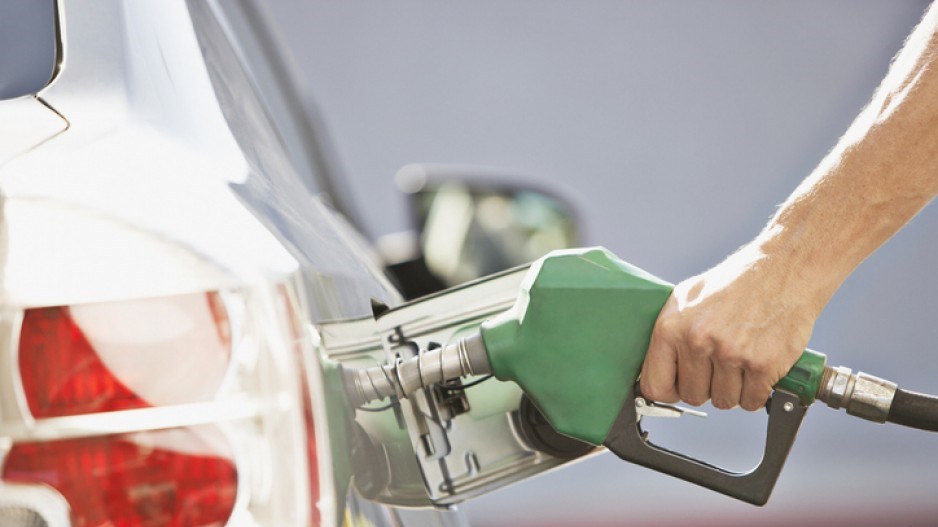One of the drivers for inflation has been the high price of gasoline. Over the past eight months, it has soared from $1.549 in February to $2.167 in July. We are now back down to a price of $1.859. And as the price of fuel declines, so does some of the inflationary pressure introduced by high fuel prices.
But questions remain about the cost of fuel. There are certainly a number of people who would like to blame the price increase on carbon taxes, for example, but they are looking at politics and not the numbers.
The price put on carbon is a fixed value and currently sits at 11.05 cents per litre. That is not a percentage but the actual cost. The increase in the carbon tax this year was 2.2 cents per litre and it will be around that again next year. A two-cent increase in carbon tax can not produce a 60-cent increase in price nor explain why we are still paying more than we were in February.
Nor can the price of crude oil. Using the last week of October as a comparator, we get crude oil at $54.18 in 2019 while the price at the pump was $1.234 in Prince George. In 2020, the numbers were $35.79 and $1.103. In 2021, they were $83.57 and $1.4403. This year, they are $87.90 and $1.859. The price of crude oil only loosely explains the price of gasoline.
A four-dollar difference in the price of crude oil shouldn’t result in a 40-cent difference at the pump, especially when crude at $95.46 in February but the price at the pump gasoline was 30-cents lower.
Clearly there is more going than just the cost of government taxes.
One consideration is the time lag between purchase and delivery. Crude purchases are made on futures, anticipating the cost going forward. High priced crude then needs to be processed and cleared through the system before lower price crude can bring the price down. Another factor is refining capacity as much of the fuel in B.C. comes from Washington State and when that refinery is shut down for extended periods, the price rises.
No matter the cause, the price of gasoline impacts our lives and the rate of inflation.
Todd Whitcombe is a UNBC chemistry professor.



